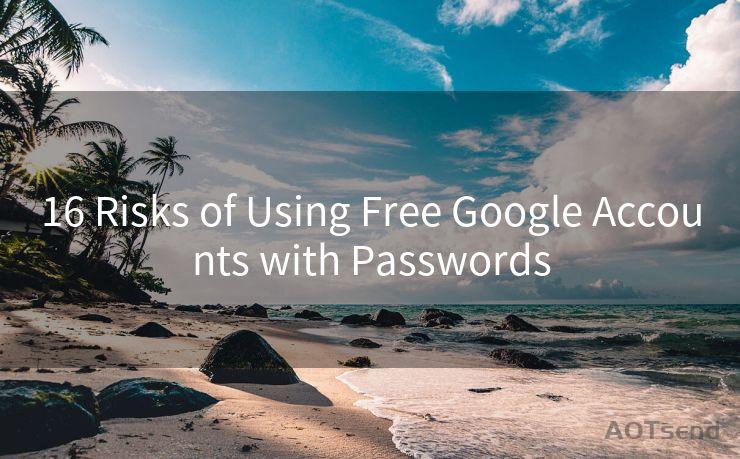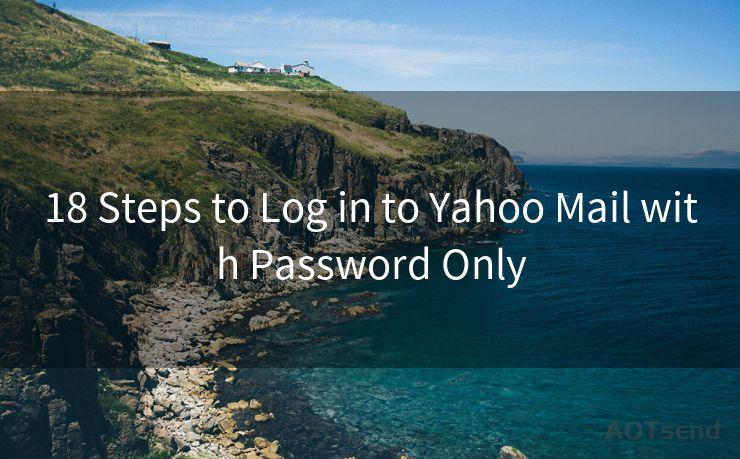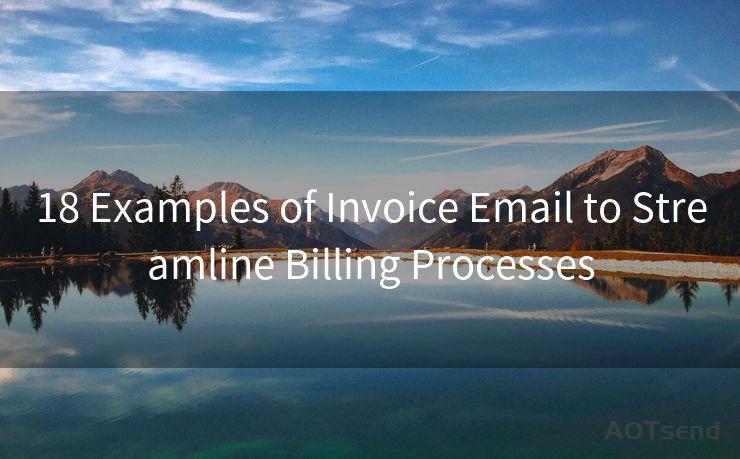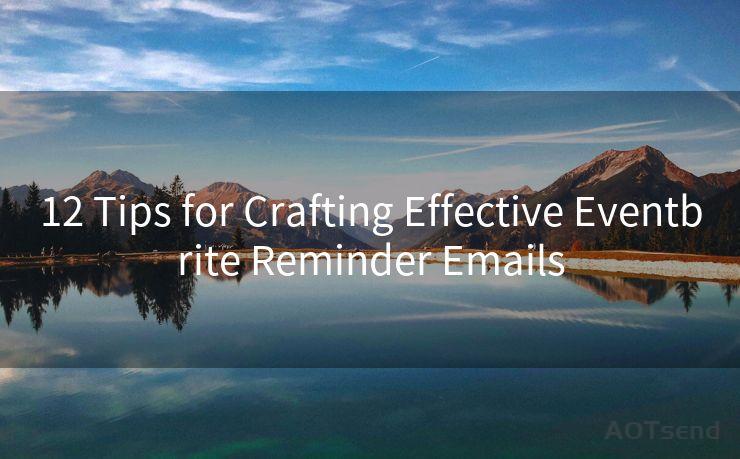16 Gmail SMTP Authentication Required Best Practices




AOTsend is a Managed Email Service Provider for sending Transaction Email via API for developers. 99% Delivery, 98% Inbox rate. $0.28 per 1000 emails. Start for free. Pay as you go. Check Top 10 Advantages of Managed Email API
Introduction

In the digital age, email remains a crucial communication tool, especially for businesses. Gmail, with its robust and reliable services, has become a popular choice for many. However, to ensure secure and efficient email delivery, it's essential to follow best practices when setting up and using Gmail's SMTP (Simple Mail Transfer Protocol) with authentication. This article explores the top 16 best practices for Gmail SMTP authentication.
1. Understanding Gmail SMTP Authentication
Gmail SMTP authentication is a process that verifies the identity of the sender when sending emails. It's a crucial security measure to prevent email spoofing and ensure that only authorized users can send emails from a particular Gmail account.
2. Enabling SMTP Authentication in Gmail
To use Gmail's SMTP server, you must first enable SMTP authentication in your Gmail account settings. This involves generating a specific password for apps or devices that use less secure sign-in technology.
3. Choosing the Right SMTP Settings
When configuring your email client or application to use Gmail's SMTP server, ensure you enter the correct SMTP settings. This includes the SMTP server address (smtp.gmail.com), the correct port number (usually 465 for SSL or 587 for TLS), and selecting the appropriate encryption method (SSL/TLS).
4. Securing Your Email Delivery with SSL/TLS
Using SSL (Secure Sockets Layer) or TLS (Transport Layer Security) encryption is essential when sending emails via Gmail's SMTP server. These protocols ensure that your email data remains secure during transmission, preventing eavesdropping or tampering.
5. Managing Multiple Accounts Securely
If you manage multiple Gmail accounts, it's crucial to set up SMTP authentication for each account separately. This ensures that emails from different accounts are properly authenticated and reduces the risk of confusion or misuse.
6. Monitoring and Troubleshooting
Regularly monitor your email delivery for any issues, such as bouncebacks or delivery failures. If you encounter problems, check your SMTP settings and ensure that your account hasn't been blocked due to suspicious activity.
7. Complying with Gmail's Sending Limits
Gmail has daily sending limits to prevent spam. Familiarize yourself with these limits and adjust your email sending practices accordingly to avoid hitting these caps.
8. Avoiding Spam Filters
To ensure your emails reach the intended recipients, avoid using spammy language or sending unsolicited emails. Follow best practices for email marketing and communication to stay clear of spam filters.
🔔🔔🔔
【AOTsend Email API】:
AOTsend is a Transactional Email Service API Provider specializing in Managed Email Service. 99% Delivery, 98% Inbox Rate. $0.28 per 1000 Emails.
AOT means Always On Time for email delivery.
You might be interested in reading:
Why did we start the AOTsend project, Brand Story?
What is a Managed Email API, Any Special?
Best 25+ Email Marketing Platforms (Authority,Keywords&Traffic Comparison)
Best 24+ Email Marketing Service (Price, Pros&Cons Comparison)
Email APIs vs SMTP: How they Works, Any Difference?
9. Keeping Your Account Secure
Regularly update your password, enable two-factor authentication, and be cautious when clicking links or downloading attachments to keep your Gmail account secure.
10. Using Gmail APIs for Advanced Functionality
For more advanced email handling, consider using Gmail's APIs. These APIs allow for more fine-grained control over email sending, receiving, and management.
11. Educating Users on Secure Email Practices
If you manage a team or organization, educate your members on secure email practices, including the importance of SMTP authentication.
12. Staying Up to Date with Gmail Updates
Gmail continuously updates its services and security measures. Stay up to date with these changes to ensure your email delivery remains secure and efficient.
13. Backing Up Important Emails
Regularly back up important emails to prevent data loss in case of any unexpected issues with your Gmail account.
14. Considering Third-Party Email Services
While Gmail's SMTP server is robust, you might consider using third-party email services for additional features or security measures.
15. Handling Sensitive Information with Care
When sending sensitive information via email, use encryption methods beyond SMTP authentication to ensure the security of the data.
Conclusion
By following these best practices for Gmail SMTP authentication, you can ensure secure and reliable email delivery for your personal or business communication needs. Remember, security is an ongoing process, so stay vigilant and adapt to new challenges as they arise.




AOTsend adopts the decoupled architecture on email service design. Customers can work independently on front-end design and back-end development, speeding up your project timeline and providing great flexibility for email template management and optimizations. Check Top 10 Advantages of Managed Email API. 99% Delivery, 98% Inbox rate. $0.28 per 1000 emails. Start for free. Pay as you go.
Scan the QR code to access on your mobile device.
Copyright notice: This article is published by AotSend. Reproduction requires attribution.
Article Link:https://www.aotsend.com/blog/p5860.html











